The cream of creative Manchester is gathering in the Bonded Warehouse, St John’s, on the site of the Old Granada Studios next week to shape a positive future in Theresa May’s post-Brexit Britain. Key to that, they say, is city identity: not only for Manchester, the poster city for devolution, but for cities across the north and elsewhere in the country.
Design Manchester, a non-profit that speaks for the design community and organises the city’s annual design festival, is using its third Great Debate to discuss the role of design and the creative industries in our future cities, and sees the event as an opportunity for the sector to discuss its evidence to the House of Commons Select Committee on Culture Media & Sport’s enquiry into the impact of Brexit on the creative industries, tourism and the digital market.
“Choices made in the coming months will affect us for decades ahead”, comments Paul Jonson, managing partner of Manchester law firm Pannone Corporate, who recently organised a briefing on the subject for lawyers in the city. “The creative industries are a major factor in our economic prospects, particularly in Manchester, and it is important that the Government is well-advised as it makes those choices.”
Talent and expertise from across the industry, education and city stakeholders will be represented, with a panel which includes:
- Sheffield-based star designer Ian Anderson
- the former EU Trade Commissioner, now Chancellor of Manchester Metropolitan University, Lord Mandelson
- Emer Coleman, tech engagement chief at the Co-op and director of TransportAPI
- the front-runner for Manchester’s mayoral election Andy Burnham
- Bristol-based creator of legible cities Mike Rawlinson
- Urbanist and designer Claire Mookerjee
The debate will be chaired by the CEO of independent design studio magneticNorth, Lou Cordwell.
As is the form with the Design Manchester debates, the audience will be as expert and well-informed as the panel, with contributors including the Vice Chancellor of Manchester Metropolitan University, Professor Malcolm Press; Cabinet Members from Manchester and Stockport Councils; the Head of Innovation of Transport for Greater Manchester, Rafael Cuesta; the Co-op’s Design Director Ben Terrett; the BBC’s Chief Design Officer Colin Burns; Katie Popperwell, the Cultural Director of Manchester’s St John’s District; IPPR North Director Ed Cox; Creative England CMO Dawn Paine; and the Chair of London Festival of Architecture, Pat Brown, alongside other designers, architects, creative practitioners and business leaders from Manchester and around the country.
Subjects expected to be discussed include:
- The public realm, architecture and transport
- City devolution and metropolitan mayors in the regions
- How data is changing our cities
- Integration of health and care services
- Skills for growth – the importance of design education
- The impact of Brexit, in which all the above also play a part
The top floor of the Bonded Warehouse at Allied London’s new neighbourhood for culture, enterprise and living, St. John’s, is a striking venue, reminiscent of the roots of Manchester design in the industrial revolution as well as its current cultural and digital resurgence. It overlooks the site of the planned £100m Factory cultural centre which is designed by the Dutch architect Rem Koolhaas and will become the new home of the Manchester International Festival, and is adjacent to Manchester’s Museum of Science and Industry.
The Great Debate at DM16 is supported by Pannone Corporate, a commercial law firm with offices in Manchester and London which advises a wide variety of clients in the creative industries.




